Mexican Basil: Spicy, Citrusy & Totally Irresistible – 7 Things You Need to Know!
If you’ve ever bitten into a leaf of Mexican basil and thought, “Whoa, this tastes like lime just punched my taste buds in the face—then high five!” — congratulations, you’re not alone. This fiery cousin of sweet basil is more than just a pretty garnish; it’s a flavor powerhouse that belongs in every spice lover’s kitchen.
In this article, we’ll dive deep into what makes Mexican basil tick, how it compares to its basil relatives, and why your tacos (and mojitos) are begging for a sprinkle of this zesty herb. Whether you're a home cook or a culinary pro, there's something spicy, fresh, and totally useful waiting for you right here.
Table of Contents
- What Is Mexican Basil?
- Flavor Profile: What Does It Taste Like?
- Basil Breakdown: How Mexican Basil Compares
- Why Use Mexican Basil? The Perks Explained
- 5 Pro Tips for Cooking with Mexican Basil
- Buying Guide: Choosing the Best Mexican Basil
- Grow Your Own: A Mini-Guide to Cultivating Mexican Basil
- Recipes to Try: From Salsas to Sorbets
- Fun Facts & Final Thoughts
What Is Mexican Basil?
Mexican basil, scientifically known as Ocimum basilicum var. citriodorum, is often confused with lemon basil—but it’s got a spicier edge. Native to Mexico and Central America, this aromatic herb is part of the mint family and thrives in warm, sunny climates.
Unlike its Italian cousin, which brings the sweet and gentle vibes, Mexican basil kicks things up a notch with its sharp citrus aroma and subtle heat. It’s a staple in traditional Mexican cooking and has recently gained traction among chefs and foodies looking to elevate their dishes with unique flavors.
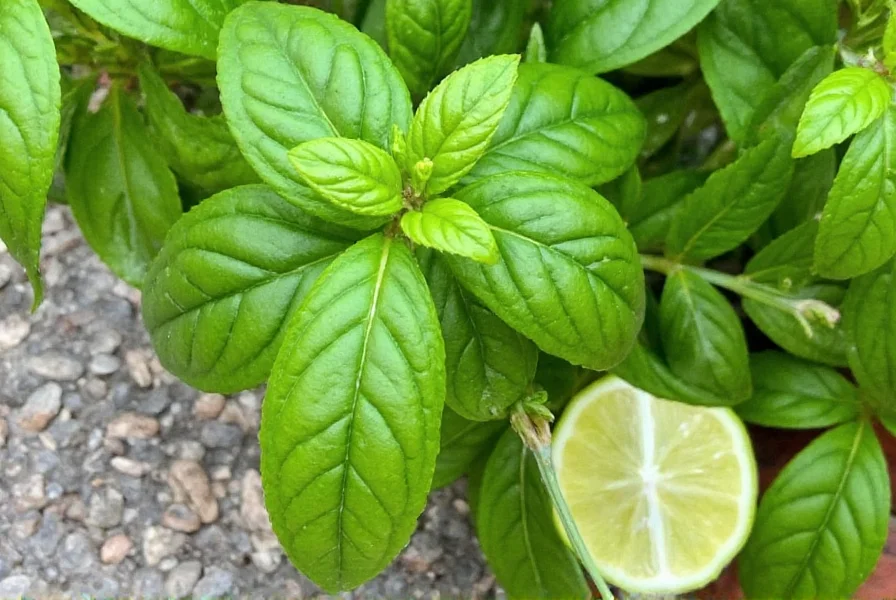
Flavor Profile: What Does It Taste Like?
The first time you chew on a raw leaf of Mexican basil, get ready for a sensory explosion. It starts with an intense citrus note—like someone dropped a lime wedge straight onto your tongue—followed by a peppery, almost mint-like finish. There’s also a hint of anise or licorice in the background, making it complex yet incredibly refreshing.
- Citrus-forward: Think key lime, lemon zest, and a splash of grapefruit.
- Peppery kick: Adds depth without overpowering other ingredients.
- Slight herbal sweetness: Balances the sharpness beautifully.
Basil Breakdown: How Mexican Basil Compares
| Type of Basil | Flavor Notes | Best Uses | Heat Tolerance |
|---|---|---|---|
| Mexican Basil | Citrusy, spicy, slightly sweet | Salsas, cocktails, marinades, grilled meats | High |
| Sweet Basil | Fragrant, floral, slightly peppery | Pesto, pasta, Caprese salad | Low |
| Lemon Basil | Clean citrus, milder than Mexican | Desserts, seafood, dressings | Moderate |
| Holy Basil | Spicy, clove-like, peppery | Thai curries, stir-fries | Very High |
Why Use Mexican Basil? The Perks Explained
Beyond the bold flavor, Mexican basil brings several benefits to the table:
- Flavor enhancement: Its punchy taste adds dimension to everything from salsas to soups.
- Herbal versatility: Great fresh or dried, though best used fresh to preserve volatile oils.
- Health benefits: Contains antioxidants and anti-inflammatory compounds like eugenol.
- Aroma therapy: Crush a few leaves and inhale for an instant mood boost—it smells like sunshine bottled into plant form.
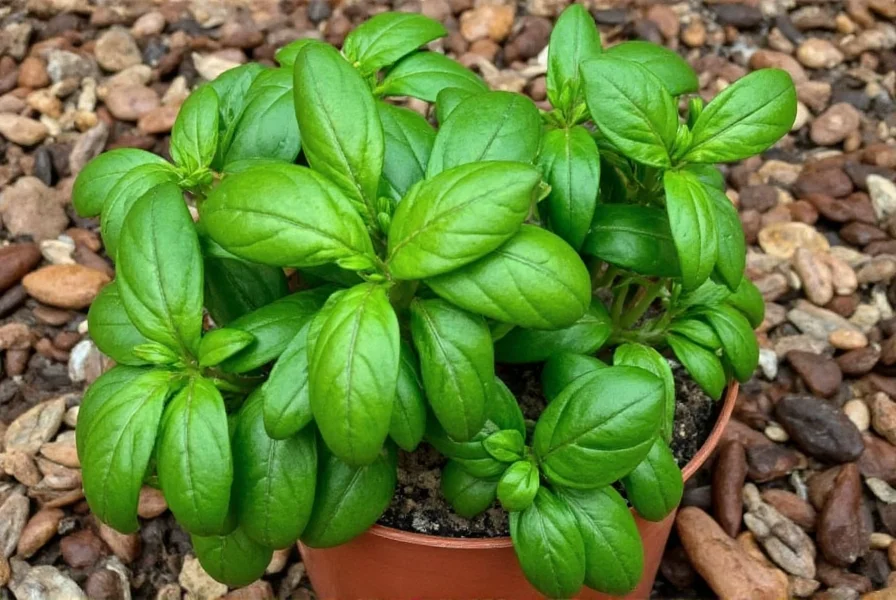
5 Pro Tips for Cooking with Mexican Basil
- Add at the end: To preserve its vibrant flavor, toss chopped Mexican basil into dishes just before serving.
- Pair with chili: It complements jalapeños, serranos, and habaneros beautifully—think hot sauces or spicy cocktails.
- Muddle it: For infused drinks or syrups, muddling the leaves releases their full aroma quickly.
- Use in dressings: Mix finely chopped basil into vinaigrettes for a zesty twist on salads.
- Freeze it: Blend with olive oil and freeze in ice cube trays for quick bursts of flavor all year long.
Buying Guide: Choosing the Best Mexican Basil
Whether you're picking up a bunch at the farmer’s market or planting your own, knowing what to look for ensures top-tier flavor and freshness.
What to Look For
- Vibrant green leaves: No yellowing or wilting allowed!
- Firm stems: Avoid soft or mushy stalks.
- Strong aroma: If it doesn’t smell citrusy, it’s probably past its prime.
- No signs of pests: Check the undersides of leaves for tiny intruders.
Top Products Featuring Mexican Basil
| Product Name | Features | Advantages | Best For | Occasions |
|---|---|---|---|---|
| Organic Mexican Basil Bunches | Freshly harvested, pesticide-free | Perfect for immediate use | Cooks who love bold flavors | Weeknight dinners, taco nights |
| Dried Mexican Basil Leaves | Preserved essential oils, shelf-stable | Great for storage, teas, marinades | Urban gardeners, pantry lovers | Winter recipes, slow-cooked stews |
| Mexican Basil Infused Oil | Ready-to-use, fragrant, artisan quality | Instant flavor boost with no prep | Busy professionals, gift givers | Drizzling over tacos, dips, or pizza |
Grow Your Own: A Mini-Guide to Cultivating Mexican Basil
Want a never-ending supply of fresh Mexican basil? Growing it at home is easier than you think—and way more fun.
Tips for Growing Success
- Soil type: Use well-draining soil with plenty of organic matter.
- Sun exposure: Needs at least 6–8 hours of direct sunlight daily.
- Watering: Keep soil moist but not soggy—overwatering is the enemy.
- Harvest regularly: Pinch off top leaves to encourage bushier growth.
- Companion planting: Grows well with tomatoes, peppers, and marigolds.
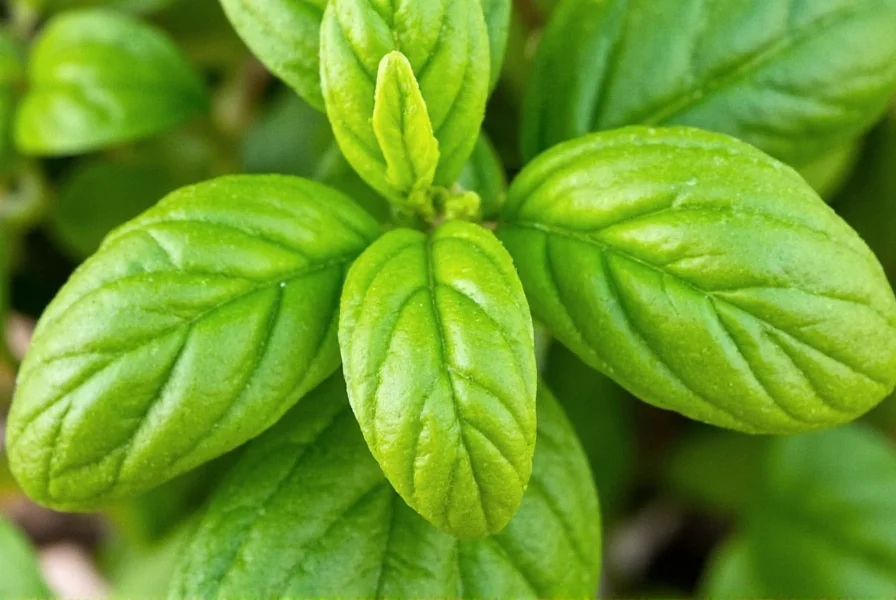
Recipes to Try: From Salsas to Sorbets
You may think herbs belong only in savory dishes, but Mexican basil is a wildcard ingredient that plays well in both sweet and spicy territories.
Top 3 Must-Try Recipes
- Mexican Basil Margarita: Muddle a few leaves with tequila, triple sec, and lime juice for a cocktail that slaps your tastebuds awake.
- Zesty Mango Salsa: Dice ripe mango, red onion, cilantro, and add chopped Mexican basil for a burst of brightness.
- Lime-Basil Sorbet: Simmer simple syrup with chopped leaves, blend with lime juice and freeze. Serve with berries or drizzle over grilled fish.
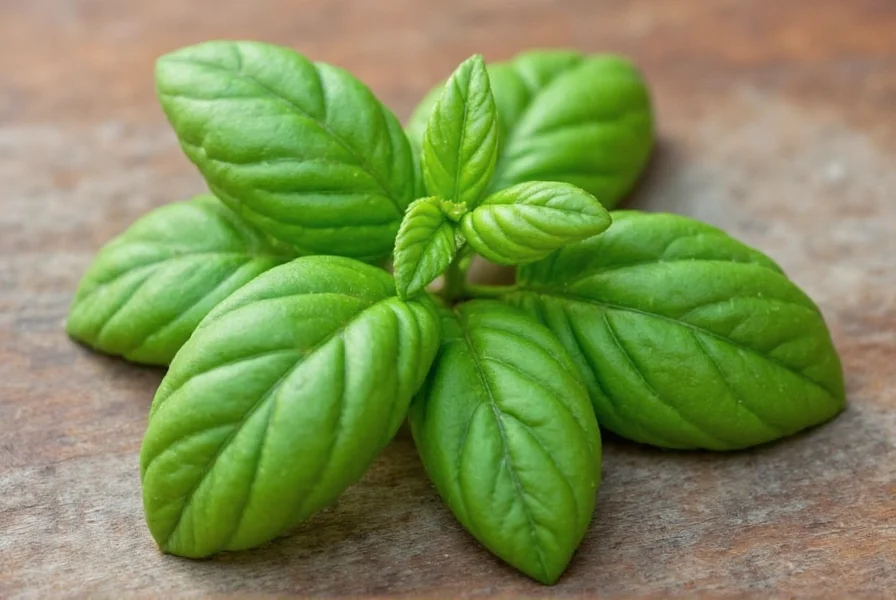
Fun Facts & Final Thoughts
Let’s wrap this up with some quirky trivia and a final verdict on why Mexican basil deserves a permanent spot in your herb garden:
- Mexican basil is sometimes called “hoary basil” due to the fine white hairs on its stems and leaves.
- It’s believed to have aphrodisiac properties in some cultures—so maybe keep that in mind when planning your next dinner party.
- The plant can repel mosquitoes—yes, really! Grow it near patios or windows for natural pest control.
- It’s a symbol of hospitality in parts of Mexico—guests are often welcomed with a sprig.
Whether you’re grilling, blending, or simply snacking straight from the stem, Mexican basil is one of those spices that makes you stop and say, “Wow.” So go ahead, grab a bunch, throw caution to the wind, and let your inner spice rebel shine bright.
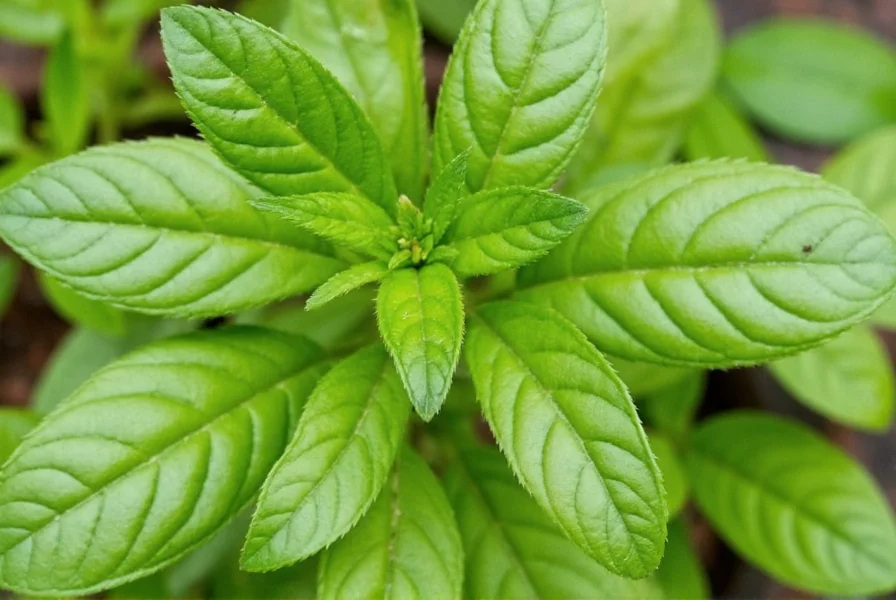
Final Word
Mexican basil isn't just another herb—it's a game-changer. With its bold, spicy-citrus flavor profile and surprising versatility, it bridges the gap between sweet and savory, tropical and rustic, everyday and extraordinary. Whether you're sipping it in a cocktail or sprinkling it on tacos, this little leaf punches above its weight and keeps on giving.
So don’t be shy—let Mexican basil take center stage in your next culinary adventure. Because life’s too short for bland food, and way too long to miss out on the magic of this fiery, fragrant herb.

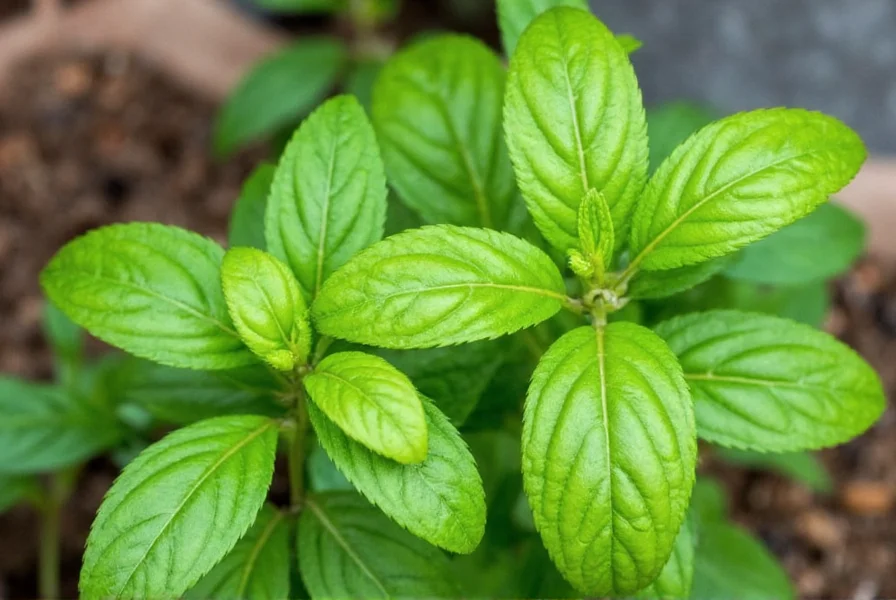









 浙公网安备
33010002000092号
浙公网安备
33010002000092号 浙B2-20120091-4
浙B2-20120091-4